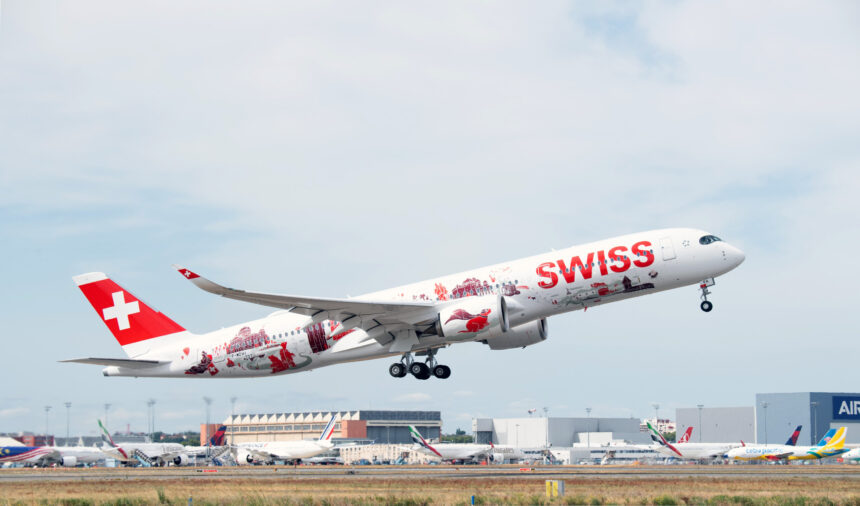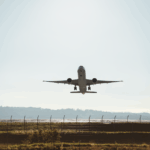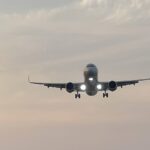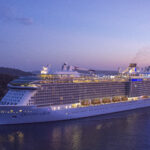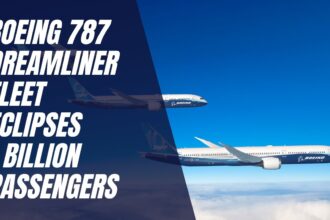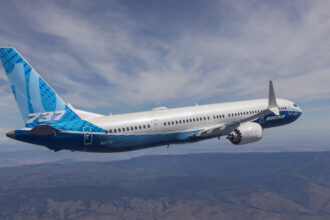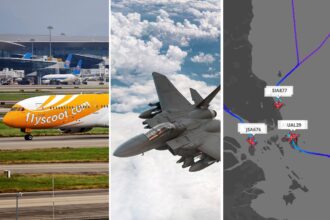Swiss International Air Lines (SWISS) has marked a major milestone in its fleet renewal programme with the successful first flight of its new Airbus A350-900 aircraft. The test flight took place today from the Airbus manufacturing facility in Toulouse, France, where the aircraft has been under final assembly for several months.
Taking off at 11:27 local time, the aircraft – the first of ten A350s destined for SWISS – spent several hours in the air as Airbus engineers monitored key performance metrics, including aerodynamics, steering, cabin pressure, avionics, and environmental systems. The flight forms part of a comprehensive testing programme aimed at ensuring maximum reliability and safety.
The new aircraft, which carries the manufacturer’s serial number 737, has also been officially named Lausanne, in tribute to the Swiss city known for its cultural vibrancy and status as home to the International Olympic Committee.
With the A350, SWISS begins a new chapter in its long-haul operations. The fuel-efficient twinjet is expected to cut fuel consumption and CO₂ emissions by around 25%, while also reducing noise by up to 50% compared to previous-generation aircraft. All ten aircraft will feature the airline’s new ‘SWISS Senses’ cabin, designed to enhance passenger comfort and reflect Swiss design values.
The aircraft currently operates under the temporary French registration F-WZHI. It will be officially handed over to SWISS in early October, at which point it will receive its Swiss registration: HB-IFA.
Assembly of Lausanne in Toulouse included the joining of fuselage, wings, tail unit, and engines, along with the fitting of its bespoke cabin and distinctive ‘SWISS Wanderlust’ livery – a design that pays homage to Switzerland’s natural beauty and cultural diversity.
Ground testing ahead of the first flight involved thorough checks on the aircraft’s engines, braking and steering systems, and electronics, including a simulated high-speed takeoff abort to assess emergency readiness.
The A350 delivery programme is scheduled to continue through to 2031, forming the backbone of SWISS’s strategy to modernise its long-haul fleet with more sustainable, next-generation aircraft.


